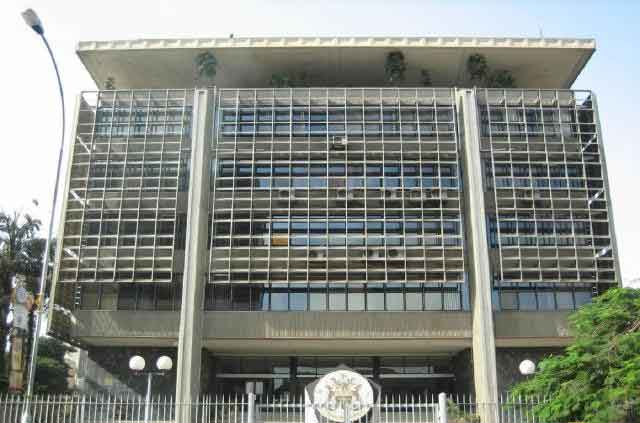
Why not exploit opportunities for public private partnership instead of focusing on loans from local banks?
COMMENT | RUGABA AGABA | Andrew Mwenda’s “Uganda’s self-destructive impulses” in the Independent Magazine of August 9, 2021 raises interesting perspectives on Uganda’s banking industry and local capital development for social economic transformation.
Whereas he raised various aspects with the regulator, Bank of Uganda, and various equity investors/ shareholders of the commercial banks, we have opportunities even within the current regulatory regime to develop domestic capital, “local” banks, and opportunities for public private partnerships.
For starters, banks do not lend primarily based on size of your assets. They lend based on the cash flows of whatever enterprise you are investing the loan proceeds to. That is why one of the key metrics in a loan appraisal is Debt Service Cover Ratio, which answers the question of how much cash is available for debt service after you have paid operating expenses for your business?
That also explains why banks prefer to lend to government because they know government collects taxes and so will always pay back their cash. Government does not need to deposit the land titles of the Oil Refinery or Entebbe Airport with the banks to borrow from them.
So the big question for us borrowers is; shall the mortgaged property be able to generate enough cash flows to pay for the loan? Alternatively, even if the loan (secured by the mortgaged property) has been invested in another venture for example a commercial farm or FinTech start-up, shall the enterprise generate enough cash flows to pay off the loan and keep the borrower afloat?
However, these technicalities aside, there are options within the current financial regulatory regime that we can explore to build private capital and affordable credit for social economic transformation.
We have the `Tier 4 Microfinance Institutions Act And Money Lenders Act, 2016’, which allows Ugandans to pool together resources and invest jointly in all sorts of asset classes including real estate, government bonds, mutual funds, company stocks, and even small medium enterprises. In these Microfinance institutions (mainly SACCOs), members do borrow the pooled funds at much lower interest rates and better loan security terms than your typical commercial bank because of the social networks within these financial vehicles.
 The Independent Uganda: You get the Truth we Pay the Price
The Independent Uganda: You get the Truth we Pay the Price

